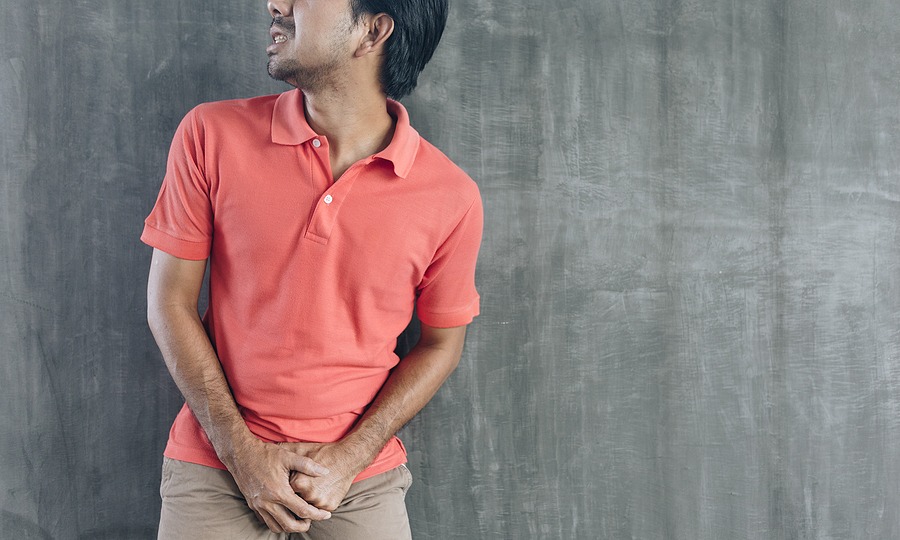Behavioral Strategies to Help Combat Overactive Bladder Symptoms

An overactive bladder (OAB) conditions your bladder to react in a particular way. In most cases, your bladder will not effectively hold your urine, causing you to have an urge to use the bathroom without warning. An overactive bladder will make you worry about spending extended hours from home because you do not know when urine leakage will happen. You are at an increased rate of developing OAB as you age. Besides the age factor, your lifestyle changes may also make you experience overactive bladder symptoms. The best part is that your healthcare provider can help retrain your sphincter muscles and teach you to control your urges. Kingston Premier Medical Group offers their patients various treatment options, including nerve stimulation to improve their bladder control. However, before recommending advanced options, your urologist might suggest conservative strategies like having a healthy bowel habit.
What are the common causes of an overactive bladder?
Though age is a common cause of urine incontinence, an overactive bladder can happen to anyone regardless of age. You will suspect AOB when your muscles begin to contract involuntarily, triggering the urge to urinate even when the urine level in your bladder is low. Conditions likely to trigger your symptoms include:
- Diabetes
- Neurological ailments like stroke
- Hormonal changes
- Bladder abnormalities
- Factors like constipation that obstruct bladder outflow
- Urinary tract infections with similar symptoms to OAB
However, you can help manage your symptoms with easy behavioral techniques like dietary changes that your doctor will recommend. The medical professional may also suggest additional treatments when the behavioral strategies do little to ease your OAB symptoms.
What behavioral changes can you make to help you with an overactive bladder?
Your doctor can suggest several techniques and changes in routine to manage an overactive bladder. The strategies include:
Keep tabs. Note your fluid intake, urination frequency, accidents count, and when they happen in a day. Include what happened in instances like coughing, laughing, sneezing and when you could not get to the washroom on time.
Monitor your diet. Avoid or lessen your intake of foods or beverages that will likely increase your symptoms. The foods you might stay away from include:
- Caffeinated soft drinks
- Alcohol
- Chocolate
- Citrus fruits and drinks
- Spicy foods
- Alcohol
- Tea
- Coffee
- Tomatoes
- Foods with artificial sweeteners
- Acidic foods
Have healthy bowel habits. Constipation is likely to increase the pressure in your bladder, negatively affecting your bladder function. Therefore, a healthy bowel habit will minimize your risk of constipation, thus minimizing your bladder symptoms.
Learn to control your urges. Controlling your urinary impulses is crucial when you want to retrain your bladder. However, you must be patient as the retraining might take you around eight weeks to start experiencing the results.
An overactive bladder will make you feel embarrassed about sharing the ordeal even with your doctor. Fortunately, a brief evaluation will allow your healthcare provider to determine whether you have an exact root cause for overactive bladder before designing treatment. Do not isolate yourself or limit your social life because of your uncontrollable urgency to use the washroom when you can talk to your doctor for help.








